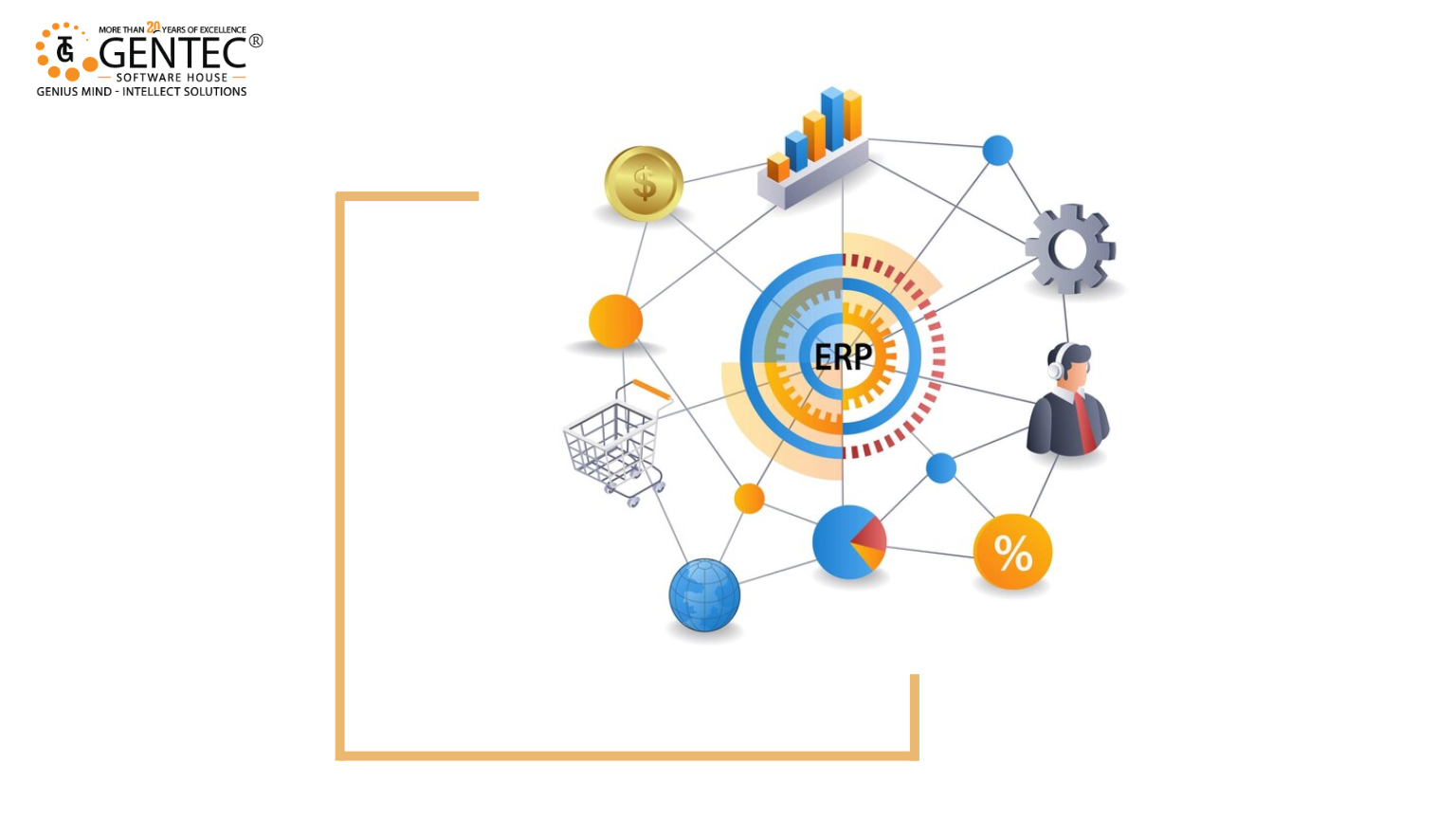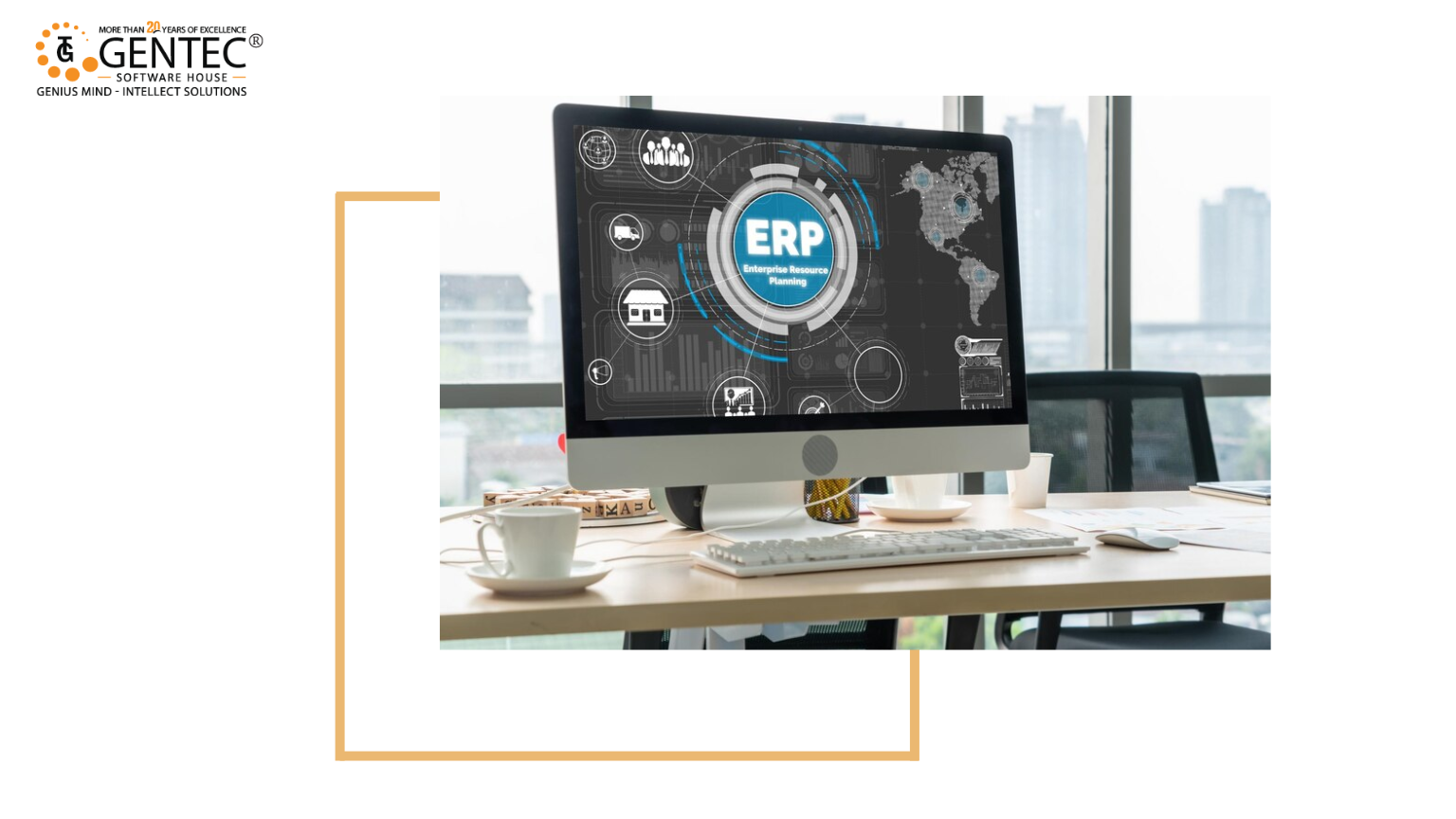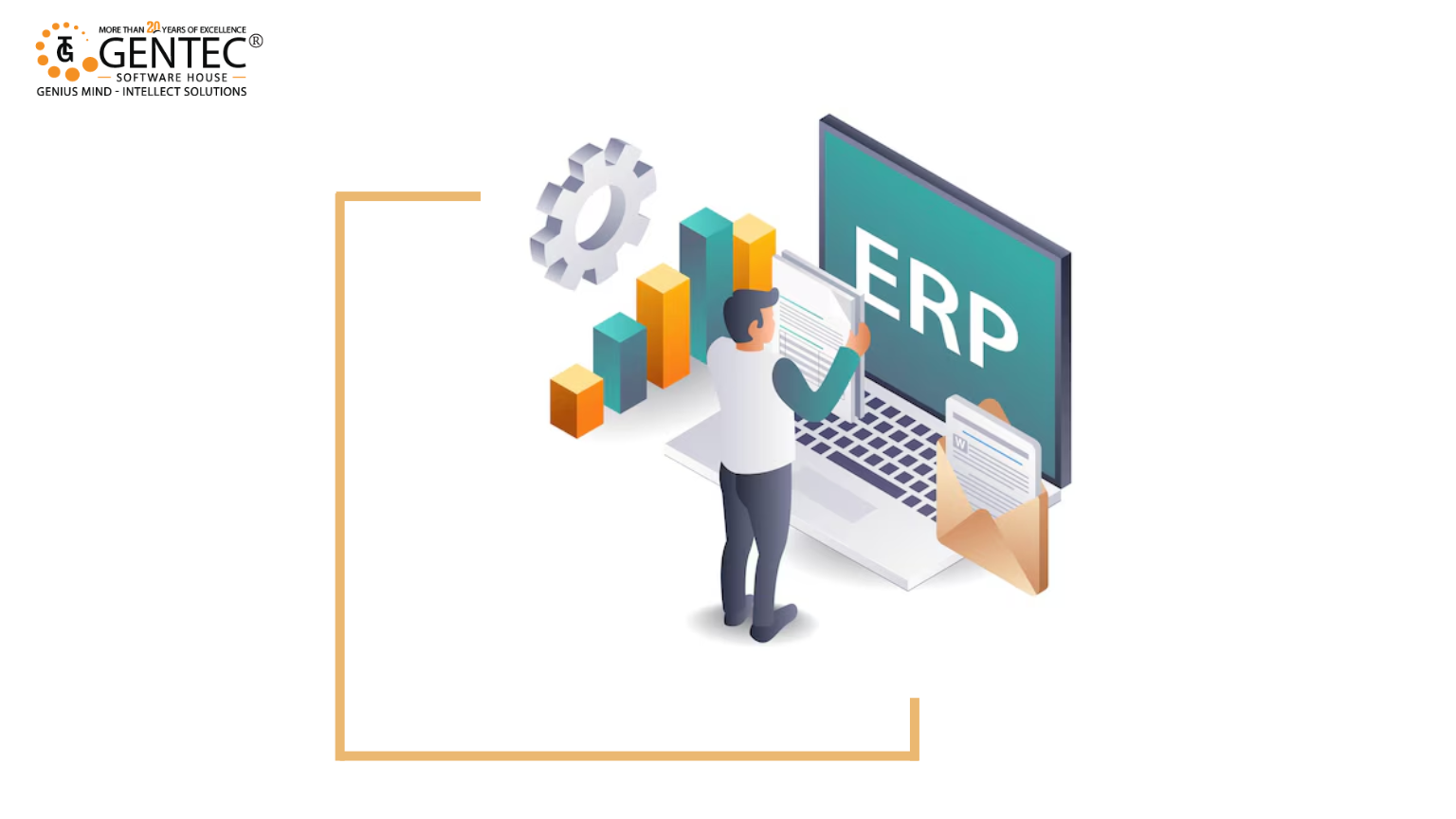Hey there!
If you’re running a business in Oman, whether it’s a small shop, a factory, or even a service company, I want to talk to you about something really important (and super useful): ERP systems.
Now, don’t worry; I know “ERP” sounds a bit too technical. But trust me, once you understand what it actually is and how it helps, you’ll wonder how you ever ran your business without it.
So grab a cup of tea, and let’s talk about ERP software, how it works, why it’s trending in Oman, and how it can make your business life a whole lot easier.
First Things First: What is an ERP System?
Okay, imagine this:
You’ve got different parts of your business: sales, purchases, inventory, HR, accounts, and so on. Right now, maybe you’re using Excel for one thing, WhatsApp for another, and maybe even a notebook for some stuff. Sound familiar?
An ERP System (Enterprise Resource Planning) brings everything together in one simple, connected software.
So instead of juggling 5 different tools, you use one smart system to manage your:
- Sales
- Inventory
- Accounts
- HR & Payroll
- Purchases
- Projects
- And more…
Basically, it gives you a clear picture of your whole business. No more mess, no more guessing.
But Why Should I Care?
Great question. Here’s the thing most business owners in Oman face the same problems:
1. I don’t know what’s going on until the end of the week.
You’re always waiting for reports, invoices, and updates, but by the time they reach you, it’s already too late.
2. My team wastes hours doing the same work again and again.
Too much manual data entry means time lost and mistakes made.
3. I can’t keep track of stock.
You either overbuy or run out, and both are bad for business.
4. Payroll and HR are a nightmare.
Leave requests, salary calculations, and attendance take up more time than actual work!
5. Filing VAT is stressful.
If your accounts aren’t organized, VAT returns can turn into a headache. And this is where ERP Software comes in. It fixes all of this and more.
Let Me Walk You Through the Modules (Features)
Think of an ERP system as a toolkit with different tools (we call them “modules”) for different parts of your business.
Here’s what a good ERP system in Oman offers:
1. Accounts & VAT
- Tracks every rupee in and out
- Generates balance sheets, profit/loss reports
- Prepares VAT-compliant reports (perfect for Oman's tax laws)
2. HR & Payroll
- Attendance tracking
- Leave management
- Auto salary slips
- Bonus, advance, and overtime all included
Imagine paying your staff accurately without spending 3 days doing it manually.
3. Sales & CRM
- Manage customer details
- Follow up on leads
- Track sales in real-time
No more losing customers because “someone forgot to call back.”
4. Inventory Management
- Know your stock levels.
- Set alerts for low inventory.
- Avoid over-ordering.
Especially useful for retail, wholesale, or manufacturing companies.
5. POS System (Point of Sale)
If you own a retail store or supermarket, this is gold.
Connect your cash counter directly with your ERP. Track sales, receipts, and stock in real time.
6. Project Management
If you work in construction, IT, or services, you can manage tasks, deadlines, and project budgets in one place.
Who Needs ERP in Oman?
Honestly? Almost every type of business. Let’s break it down:
Industry | Why ERP Helps |
🛍️ Retail | POS, inventory, and sales tracking |
🏭 Manufacturing | Production planning, raw material tracking |
🧱 Construction | Project budgets, materials, and manpower tracking |
🏥 Healthcare | Billing, staff management, patient records |
🚛 Logistics | Fleet, delivery tracking, and expenses |
💼 Service Firms | Task management, HR, and client tracking |
Even if you run a small business in Oman, ERP can be tailored to your size and budget.
Why Omani Businesses Are Moving Toward ERP Software
In the last few years, Oman has seen a big push toward digital transformation. Businesses now want to:
- Stay VAT compliant
- Work remotely (cloud systems)
- Use mobile apps to manage on the go
- Generate quick reports for smart decision-making
- Avoid manual errors and delays
And that’s exactly what ERP software offers.
Plus, modern ERP vendors (like us at GENTEC 😉) make ERP systems affordable, easy to use, and even available in Arabic & English.
Choosing the Right ERP Vendor in Oman
Now, not all ERP systems are created equal. Some are too complicated. Some are built for other countries and don’t match Omani tax or business rules.
Here’s what you should look for:
- Local experience (understanding the Omani market)
- VAT-ready accounting features
- Easy-to-use interface (no need for IT experts)
- Custom modules (use what you need only)
- Arabic + English support
- Ongoing support and training
Why Businesses Trust GENTEC ERP in Oman
Let’s be real; we’re not just here to sell software. We’re here to solve problems.
At GENTEC, our simple, smart, and reliable ERP system has helped hundreds of businesses in Oman move from chaos to clarity.
Here’s what makes us stand out:
- VAT-compliant accounting
- Powerful HR and payroll features
- Built-in POS system
- Inventory management
- Arabic + English support
- Mobile-ready dashboard
- Cloud and offline options
- Arabic & English interface
- Friendly, local support team
Whether you’re starting from scratch or looking to upgrade, we’ll guide you through every step, from demo to setup to training.
Final Thoughts – Don’t Just Work Hard, Work Smart
Look, business is already tough. Why make it harder with outdated methods?
A good ERP system doesn’t just make your work easier; it also gives you better control, insights, and profits.
If you’re looking for a trusted ERP vendor in Oman, contact GENTEC. We’d love to show you how we can help.
Let’s simplify your business together.
Ready to See GENTEC ERP in Action?
Contact us today for a free demo.
Let’s talk about your business, your goals, and how we can make your daily work stress-free.






